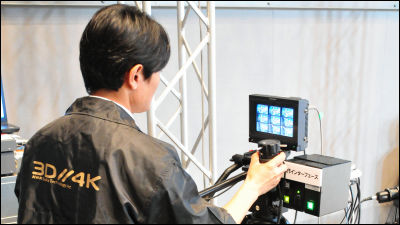The wave of remote work has arrived for ship pilots

Since the COVID-19 pandemic began in 2019, commonly known as the 'COVID-19 pandemic,' remote work has become increasingly common around the world. The impact of this shift has also been felt at ports, with the Wall Street Journal summarizing the work of people who are actually working remotely.
Remote Work Comes to Piloting Ships - WSJ
Jorgen Andersen, 62, of Denmark, is working remotely at the port. Andersen is a marine pilot who boards all ships arriving at the port and guides them in and out of coastal waters.
For centuries, pilots guided other ships in their own vessels or boarded them to chart a course. However, in recent years, with the introduction of remote navigation technology, pilots are increasingly guiding ships from land.
Andersen always works in front of six monitors in his room, which display nautical charts owned by ships near the port, the ship's speed, and nearby obstacles, and he guides the ship based on this data.

Data recorded on ships is usually treated as a 'black box,' and this is apparently the first attempt in Denmark to share such data with land.
Industry groups supporting remote guidance systems emphasize the system's safety and the benefits of replacing humans. Traditional pilots board all kinds of ships, day or night, regardless of the weather, which can be dangerous. In July 2025, a 66-year-old pilot fell six meters from a ladder and was seriously injured. Furthermore, slowing a ship to accommodate a pilot's boat consumes extra fuel.

The International Longshoremen's Union, based in New Jersey, USA, points out that 'some proponents of remote guidance appear to be prioritizing commercial interests. The focus should be on the safe navigation of ships,' but adds, 'If remote guidance complements the work of a pilot, we have an obligation to investigate it,' and reports that it is conducting initial research on remote guidance in collaboration with the Canadian Coast Guard and the Canadian Centre of Expertise in Maritime Shipmanship.
'We now have a strong case history and are seeing interest from pilots in Australia, Singapore, Finland and Sweden,' said Erik Melkes Nielsen, CEO of DanPilot, a company that develops remote guidance technology. 'We are also currently testing a drone that can be deployed on ships, which will enable pilots to see in dense fog using video, infrared and night vision. This will revolutionise the pilot's job as it will no longer be limited to dangerous ladder climbing in bad weather.'

Related Posts:
in Posted by log1p_kr







